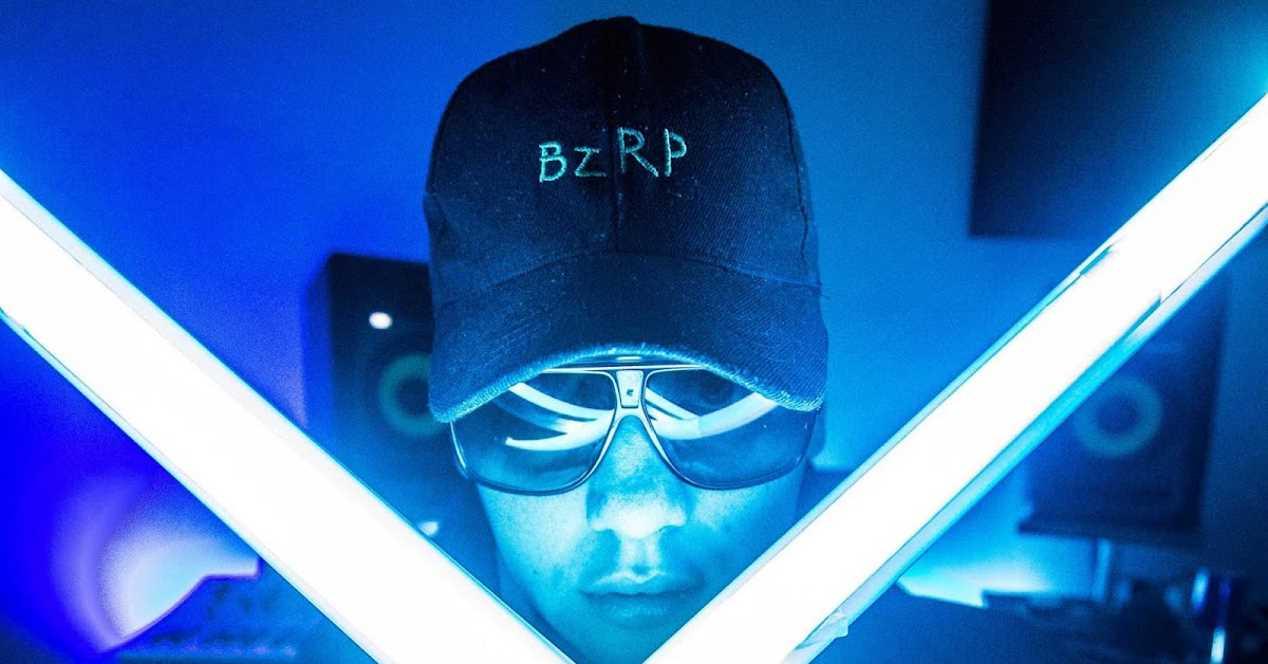One of the things you may have noticed is that over time many music professionals have come to use ultra-slim laptops for music production. Which is surprising given that we don’t usually associate them specifically with performance. What drives them to use this type of PC? Well, the answer to this question will surprise you.
It’s no secret that of all multimedia tasks, audio requires the least amount of processing power. After all, the first support chips to appear were for this task and today sound cards have all but disappeared except for specialized parts due to the impossibility of integrating the analog circuits on a chip. This means that it is no longer necessary to use powerful workstations to edit music and audio, on the contrary, most sound professionals usually carry a very light computer on their back.
Why are laptops with SSD used in music production?
Well, there are several reasons for this, the first being, for example, that many sound technicians usually have the recording or production studio away from home and may have various jobs in various locations. For what they need to move around and that’s why they need a computer that weighs little and can take them anywhere.
However, they use laptops with an SSD drive because since they have no mechanical parts in the audio recording, their movement is not coupled. The other reason is that the ultra-thin laptops they usually use don’t use fans, any type of cooling which makes enough noise to create interference and therefore you get much clearer sound clarity when it’s is about recording audio. All of this is very important when it comes to recording audio for both the radio world and amateur podcasting.
The other reason is that SSDs support multiple memory accesses simultaneously, as they don’t depend on needle repositioning to retrieve new data. Which is ideal when working with several audio tracks at the same time and you need the processor or rather that each of its cores is dedicated exclusively to each of the tracks.
The end of sound cards
One of the things it’s increasingly being used for is AI in the realm of audio enhancement both in real time and in recorded format. Thus, the same quality is obtained as with a professional DAC using artificial intelligence algorithms to improve the audio. What we have already seen applied many times over the past few years and is used by audio editing and music production applications to generate better tracks in terms of quality without the need for external hardware.
That means not having to carry a card that goes up and down and frees up one of the laptop’s USB ports, which they don’t usually carry around in abundance. As if that were not enough, the increase in AI will increase the ability of processors to work with sound and without it being a general load on the system. In conclusion, you don’t need a high performance tower to record radio, play music or play an instrument









